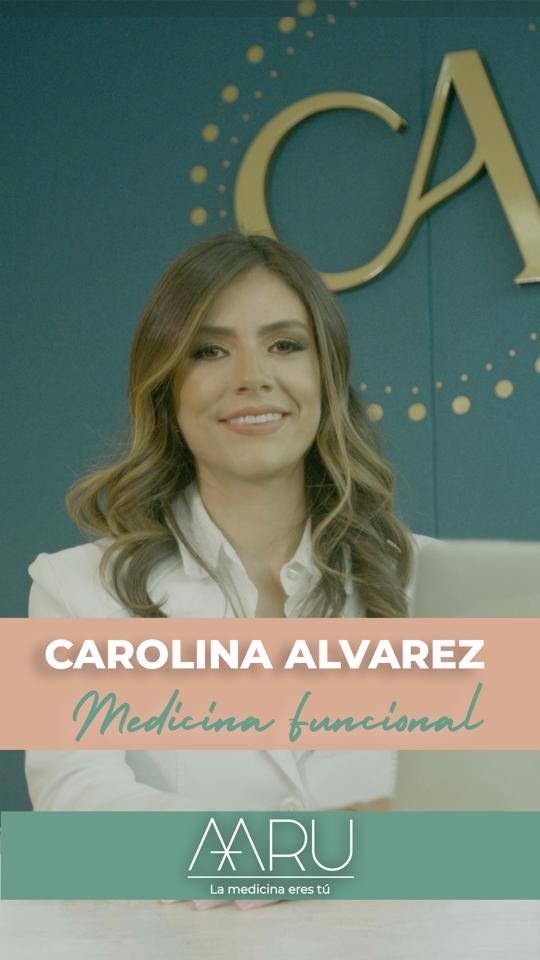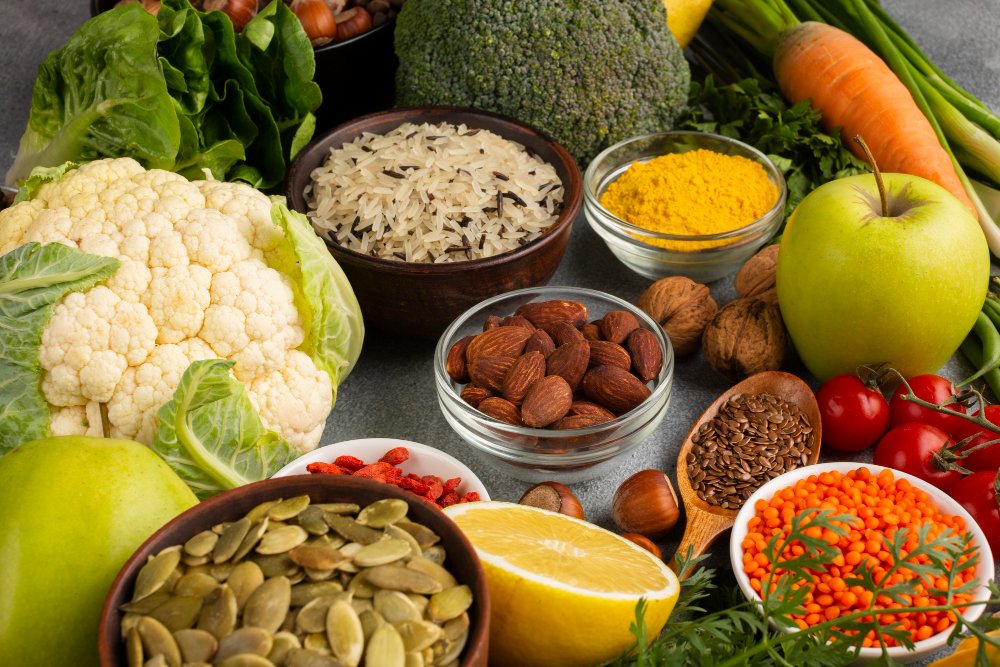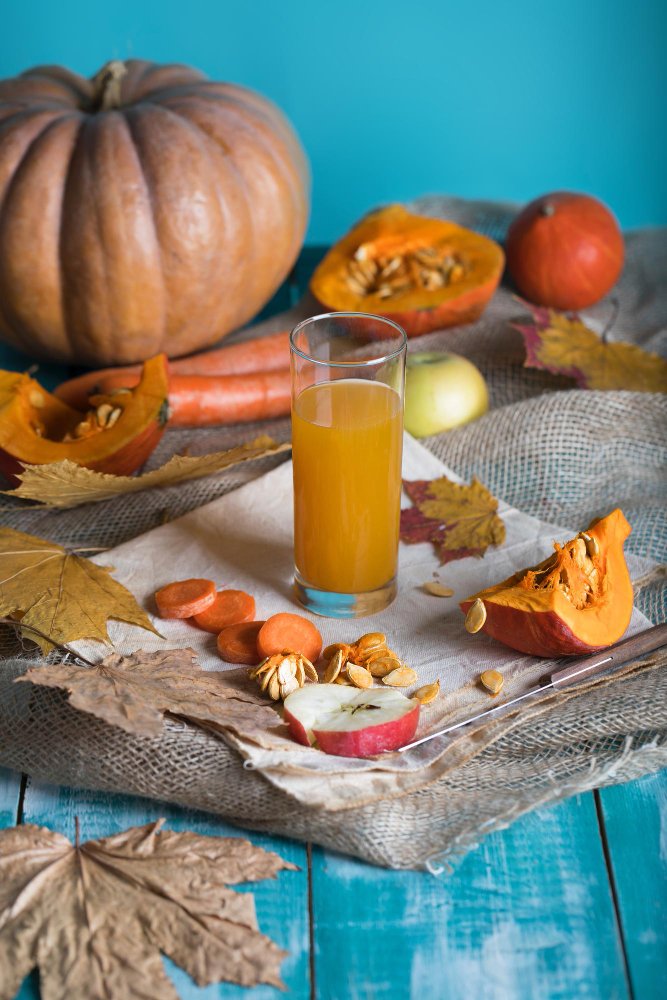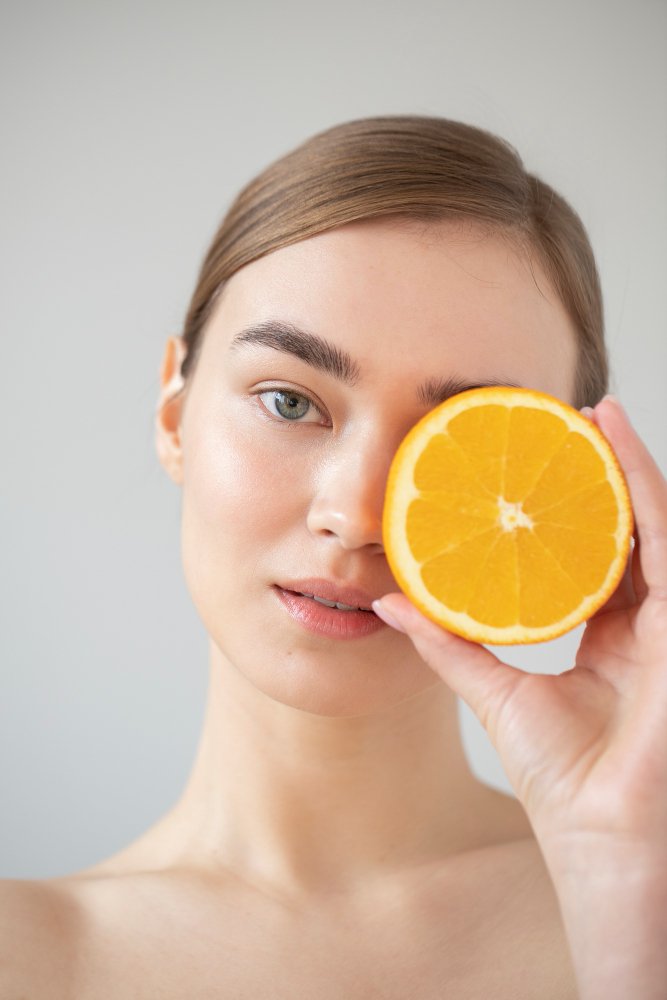
Vitamin A
Vitamin A, or retinol, is one of the most recognized nutrients for healthy skin. Synthetic retinoids have been used as effective treatments for severe acne and psoriasis since the 1980s, demonstrating how beneficial vitamin A can be in treating problematic skin conditions.
Vitamin A influences skin physiology by promoting epidermal differentiation, modulating dermal growth factors, inhibiting sebaceous gland activity, and suppressing androgen formation. This promotes skin cell renewal and makes vitamin A effective in preventing the formation of comedones, which cause the most common forms of acne.

The lack of vitamin A can cause the skin to become keratinized and scaly, and suppress mucous secretion. Rough and dry skin is a common sign of vitamin A deficiency, often appearing as rough, raised bumps on the back of the arms, known as keratosis pilaris, which affects about 40% of adults. While doctors prescribe synthetic retinoids to treat skin conditions such as acne, eczema, psoriasis, cold sores, wounds, sunburns, and ichthyosis, similar effects can be achieved by consuming natural sources of preformed vitamin A.
Preformed vitamin A, which is well absorbed by the body, can be found in a variety of traditional foods. The richest sources of vitamin A are liver and cod liver oil, but other sources include kidney, cream cheese, butter from pasture-raised cows, and egg yolks from pasture-raised chickens.
Eating liver once or twice a week is a great strategy to address persistent acne and other skin issues.
Zinc
Zinc is an essential mineral that plays a crucial role in many physiological functions, including the structure of certain proteins and enzymes, and the regulation of gene expression. It is involved in immune function, protein synthesis, wound healing, DNA synthesis, and cell division. In the skin, zinc helps maintain the proper structure of proteins and cell membranes, improves wound healing, has anti-inflammatory effects, and protects against UV radiation.
Several studies indicate that zinc can reduce acne, even as effectively as antibiotics commonly used in acne treatments. This may be due to its interaction with vitamin A as a component of retinol-binding protein, which is necessary for transporting vitamin A in the blood. Zinc supplementation has been shown to significantly increase blood vitamin A levels, indicating an interaction between the two nutrients that may explain their positive effect on acne and their synergy in treatments. In fact, men and women with severe acne have been found to have lower serum zinc levels than those without acne.

Dietary sources of zinc are better absorbed from animal sources, where it is not bound to phytates as it is in plant sources. Organs like kidney and liver, red meats such as beef and lamb, and seafood like oysters, scallops, and other shellfish are the highest animal sources of zinc.
Plant foods like pumpkin seeds and other nuts can also be rich in zinc, but they are less bioavailable because zinc binds to phytates if not properly prepared by soaking. To get the most zinc from your diet, regularly include seafood, organ meats, and red meat.
Vitamina C
For decades, vitamin C has played a crucial role in the structural protein collagen, which is necessary for the extracellular stability of the skin. Vitamin C deficiency causes scurvy, which first manifests as dry, rough skin and coiled hair growth. Inadequate levels of vitamin C contribute to the development of keratosis pilaris, as follicles are damaged when collagen formation is impaired.
Increasing the amount of vitamin C in the diet can contribute to improved skin health and faster skin healing. Several studies have shown that diets rich in vitamin C are associated with better skin appearance and fewer wrinkles. Vitamin C can also help prevent and treat UV-induced photodamage by acting as an antioxidant. Dietary intake of vitamin C has been correlated with a decrease in dry skin, and ascorbic acid prevents transepidermal water loss. Vitamin C plays an important role in wound healing and can improve scar tissue formation.

The best and highest sources of vitamin C include bell peppers, guava, dark leafy greens, broccoli, Brussels sprouts, kiwi, citrus fruits, and strawberries. Certain fresh herbs like cilantro, chives, thyme, basil, and parsley also have a high vitamin C content. Consuming a wide variety of colorful plant foods regularly is the best way to get adequate vitamin C in your diet. It is important to remember that vitamin C is heat-sensitive, so if you cook these foods, it should be done lightly, or ideally, they should be eaten raw.
While full-blown nutrient deficiencies causing acute diseases like scurvy, pellagra, and rickets are now rare worldwide, it doesn't mean that most people are getting the necessary levels of micronutrients to support good health. In fact, recent data suggests that most people fall short not only in one, but in several essential vitamins and minerals necessary for proper and balanced bodily function. For example, almost no one meets the daily intake of minerals like potassium, silicon, phosphorus, zinc, and magnesium, nor do they meet adequate intake of vitamins D, E, and C. This is due to various factors, including soil quality, high pollution levels, and particularly low consumption of nutrient-rich foods in conventional diets.
In an ideal world, we could meet all our nutrient needs from food alone. Unfortunately, due to declining soil quality, increasing toxic burdens, and other challenges in the modern world, that's no longer possible for most of us.
That's why I could recommend you supplements of certain nutrients according to your needs.
Silicio
Silicon is a mineral found in the Earth, the second most abundant element after oxygen. It is primarily needed for the production of collagen and elastin, which are key structural proteins in the skin. These proteins contribute to firmness, rejuvenation, and elasticity of the skin and other tissues.
We also find silicon in our bodies, where it is essential for the formation of the epidermis, muscles, bones, nails, cartilage, and tendons. Despite its importance, silicon is poorly absorbed through diet, and its concentration in tissues begins to irreversibly decline after the age of 35. That's why it's a fundamental part of my anti-aging treatments.
The main foods rich in silicon include whole grains, as well as lettuce, cucumber, avocado, strawberry, onion, and other root vegetables. However, the absorption level of silicon from these foods is very low. That's why it's advisable to take organic silicon supplements for better absorption.
Magnesio
Regarding its functions in the skin, magnesium contributes to restoring the skin barrier and tissue reconstruction. It is found in leafy green vegetables, nuts, sunflower seeds, and chickpeas. It's important to note that cooking vegetables can lead to a 50% loss of this mineral.
To conclude, a diet rich in rainbow-colored foods is fundamental for good skin health, so I recommend supplementing with these nutrients primarily when dealing with accelerated aging, dry skin, or brittle nails. It's important to address other issues first to effectively solve your skin or aging problems from the root. If you don't suffer from autoimmune skin diseases, thyroid issues, or dysbiosis (microbiota imbalance), then you can start your anti-aging supplementation. In my consultation, we can start a dietary plan that will meet many needs and additionally provide appropriate supplementation or therapy for your anti-aging process.

